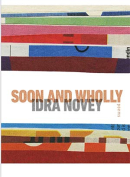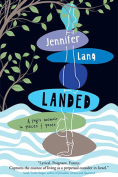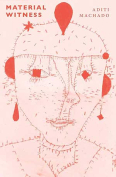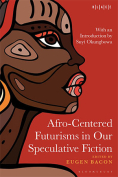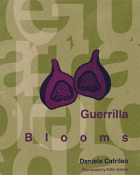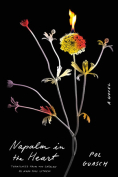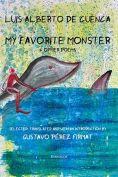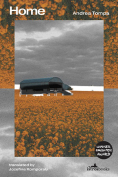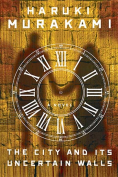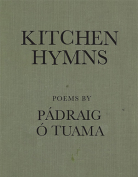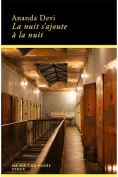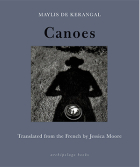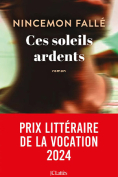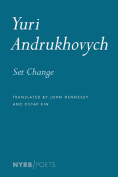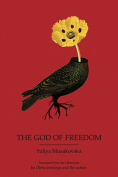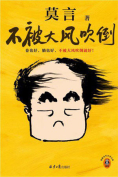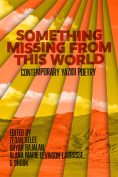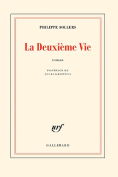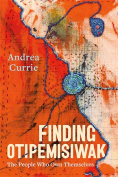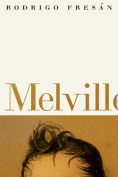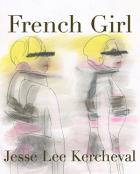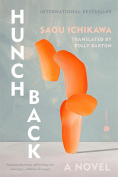Home by Andrea Tompa
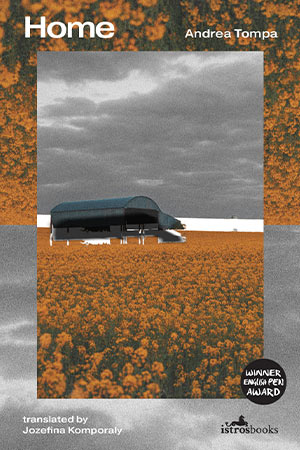
London. Istros Books. 2024. 360 pages.
Andrea Tompa is a Transylvanian Hungarian writer living in Budapest whose novels often deal with Transylvanian themes and with the history of the ethnic Hungarian community in Romania. The present novel is no exception, although the author employs a stratagem to make her narrative more “universal” by avoiding place-names and naming nationalities. One cannot tell whether this will make the book more “sellable” in English-speaking countries; I, for one, have my doubts. A large part of the book relates stories about the fate of former classmates of the author’s secondary school at Kolozsvár (Cluj-Napoca) in Romania who have moved to other countries such as Sweden or the United States, but the narrative also includes a boozy meeting of former schoolmates back in the “native country.”
Is the book mostly about friendship, then? In this respect, Tompa’s message is somewhat ambivalent. She introduces a whimsical character, “always on the go” Ari, the author’s fellow student of Russian literature, who is described in endearing terms. Ari’s nationality is blurred, though that of others can usually be worked out from their first names. At one point we learn more intimate details of the author’s biography, her feelings for a dying painter, and a marriage (enduring or broken?) with a Spaniard, resulting in the appearance of an offspring, “The Son,” a strange, curious, and emotionally distant young man who accompanies Tompa to Transylvania. It is here that he can become acquainted with friends of his mother, middle-aged women with such exotic first names as “Kincső” or (a variant of Agnes) “Ágó.”
After a while, one has the impression that Home is simply trying to pose some questions about identity, its loss or transformation through time. One’s home in the twenty-first century is not fixed but a moveable feast, no longer found in one’s homeland nor in the land of one’s “adoption,” it is dependent on the individual with his or her official citizenship.
Jozefina Komporaly has successfully translated several novels by Transylvanian authors, but this time she could not quite make up her mind whether she was translating for a continental anglophile, British, or transatlantic audience. Several times she refers to a “baccalaureate,” meaning a high school certificate, a term unfamiliar to those unaware of the continental European system of education. She uses the phrase “pornographically expensive” rather than the widely accepted “obscenely”; later, we are confronted with a car’s “seat cooling system,” meaning of course the vehicle’s air-conditioning. Such examples mar what is an otherwise fluent translation.
As for the endnotes, these deal mostly with Russian phrases scattered throughout the text but could have included more information on the eminent Russian American émigré writers Vladimir Nabokov and Nobel Prize laureate, poet, and essayist Joseph Brodsky, both favorites of the author, Andrea Tompa.
George Gömöri
SSEES, London
